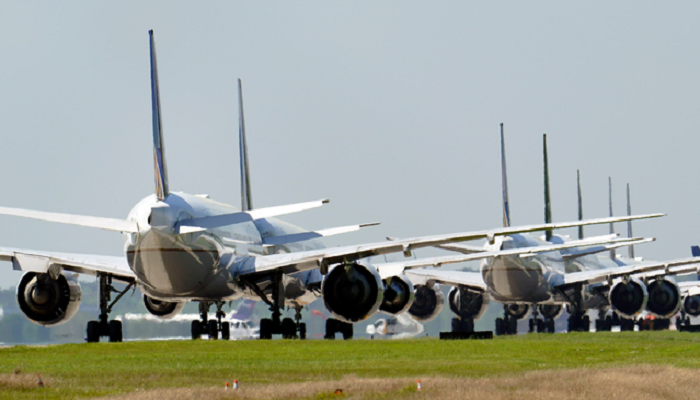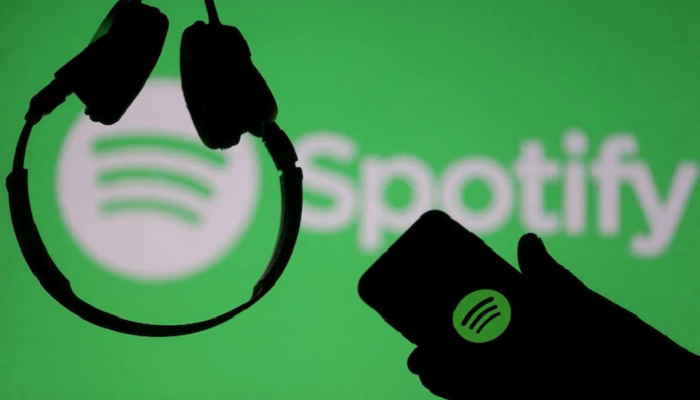BioNTech expects results by September from trials testing the vaccine it developed with Pfizer on babies as young as six months old.
“In July, the first results could be available for the five-to-12-year-olds, in September for the younger children,” BioNTech Chief Executive Ugur Sahin told German news magazine Spiegel. He added it takes about four to six weeks to evaluate the data.
“If all goes well, as soon as the data is evaluated, we will be able to submit the application for approval of the vaccine for all children in the respective age group in different countries,” he said.
Anti-vaxxers keep on changing their minds because of pandemic
BioNTech and Pfizer asked US regulators this month to approve the emergency use of their vaccine for adolescents aged 12 to 15.

Sahin was quoted by Spiegel as saying the company was “in the final stages before submission” to European regulators for children aged 12 and older.
A trial published at the end of March found the companies’ COVID-19 vaccine was safe, effective and produces robust antibody responses in adolescents.
American Federal Health shows concerns over AstraZeneca vaccine trial results
The Pfizer-BioNTech two-shot vaccine is already authorised for use in those aged 16 and above.
Young people are less likely to suffer severe cases of COVID-19 and more likely to have an asymptomatic infection, allowing them to unwittingly transmit COVID-19 to others.
In this regard, vaccinating children is seen as a crucial next step towards herd immunity and ending the pandemic.
Vaccine passports role in the pandemic
The prospect of getting older children inoculated before the next school year starts would also relieve the strain on parents who are juggling the demands of homeschooling while keeping up with jobs.
“It’s very important to enable children a return to their normal school lives and allow them to meet with family and friends,” Sahin told Spiegel.



